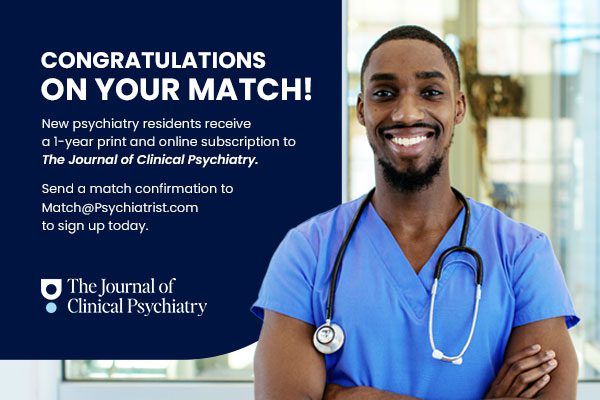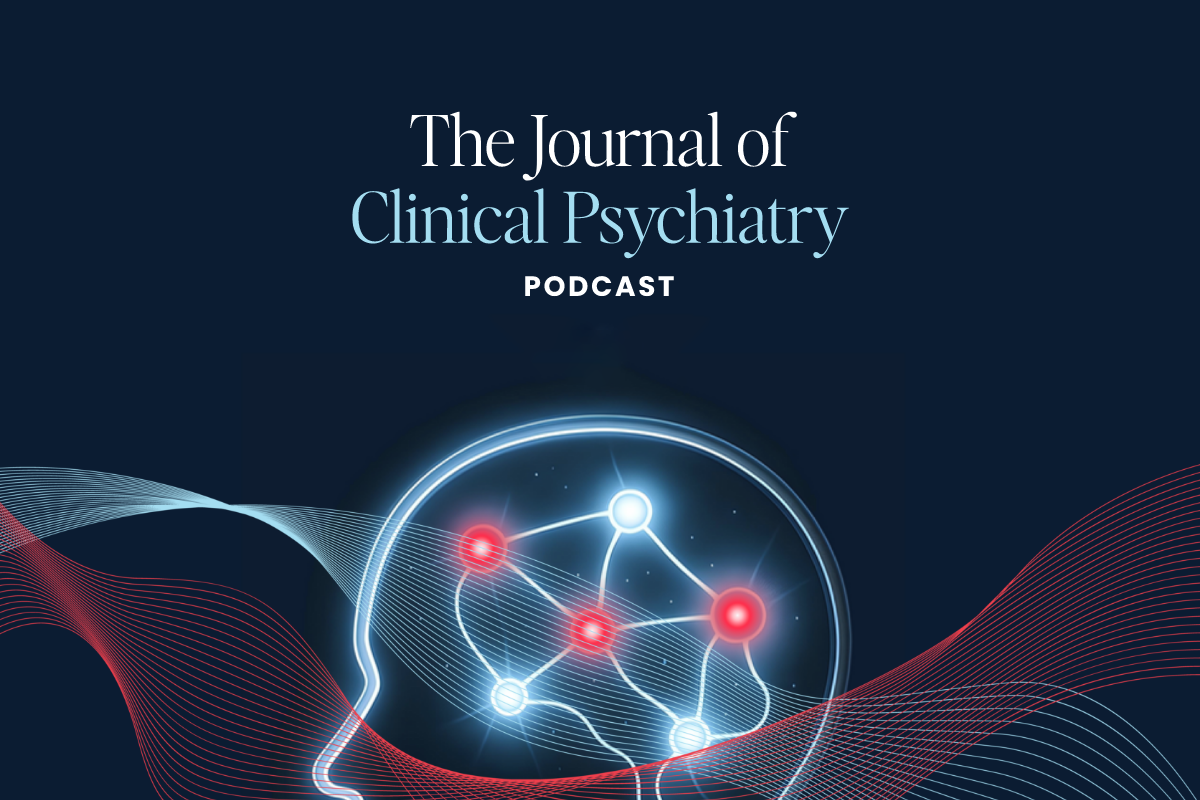For the medical students on the cusp of graduation, a single envelope is about to change their lives. At noon on March 17, Match Day 2023 will be a defining moment in their careers as they tear open those envelopes to learn the fate of their residency.
The nonprofit National Resident Matching Program (NRMP) cross references the ranked lists of the 34,000 or so graduating medical students with the 30,000 or so open residency spots to match each individual with the right program. It is such a sophisticated system that the researchers who designed it won a Nobel Prize in Economics in 2012. There is even a function for matching couples who are starting residency at the same time.
The doctor’s destiny for most students is a match. But for a few, it isn’t.
Asim Ansari, MD was one of the unlucky candidates who didn’t match on his first try. Or his second. Or third. Finally, on his fourth attempt, he was offered a spot as a preliminary-year internal medicine intern at Merit Health Wesley in Hattiesburg, Mississippi. He still hopes to match into a traditional residency program this time around.
The match experience has been so traumatic that Ansari started a TwitterSpaces support group called #MatchMadness for others who also failed to match multiple times. The first Spaces, a live audio program held on Twitter, lasted more than seven hours as other unmatched candidates joined to share their despair and ask questions about next steps. At least 100 participants show up for the episodes he now holds on an ongoing basis.
Last year, Ansari wrote a Twitter thread for Psychiatrist.com describing his Match experience, but also offering hope and support for others who find themselves in an unmatched position. Whatever someone’s envelope may reveal, it’s worth a read.
🧵 ~10k applicants go #Unmatched each year in the US' @NRMP Medical Residency Match. For many, it’s not the first time. I’m Asim @awsumpowers, an #UnmatchedMD who applied 3x before successfully matching. This is a POV on that experience.
1/16 #MedEd #MedTwitter #MentalHealth pic.twitter.com/dMlQczvevj
— Psychiatrist.com (@PsychiatristCNS) April 5, 2022
NRMP also offers an immediate option for unmatched physicians. According to the American Medical Association, “The Supplemental Offer and Acceptance Program (SOAP) is a vehicle through which eligible unmatched applicants in the Main Residency Match apply for and are offered positions that were not filled when the matching algorithm was initially processed.” Earlier this week, all applicants received an email notification informing them whether they have matched and if not, whether they are eligible for SOAP.
________________________________________________________
Join us all this week on Twitter for Match 2023. Use the hashtags #Match2023, #MatchDay2023, and #NRMP2023 to follow along. Unmatched students looking for support can use #MatchMadness, #SOAP23, and #Unmatched.
And as a special gift to all newly minted residents interested in psychiatry and neurology, check out this offer below.

Bookmark the JCP’s Early Career Psychiatrists special section, led by Joseph F. Goldberg, MD, which aims to encourage the academic development of early career psychiatrists.



